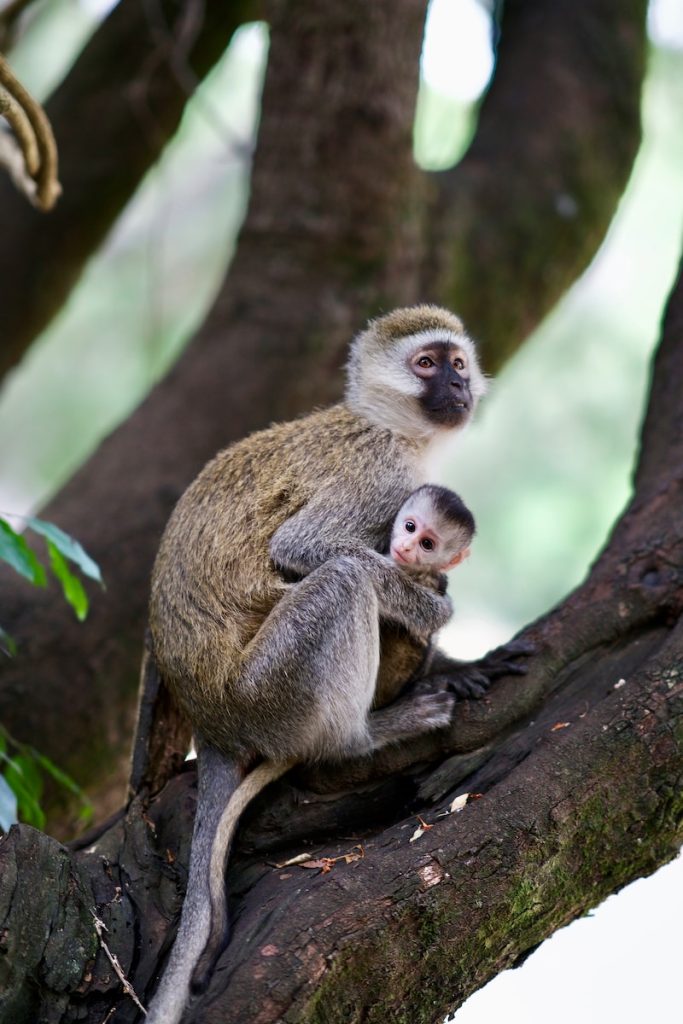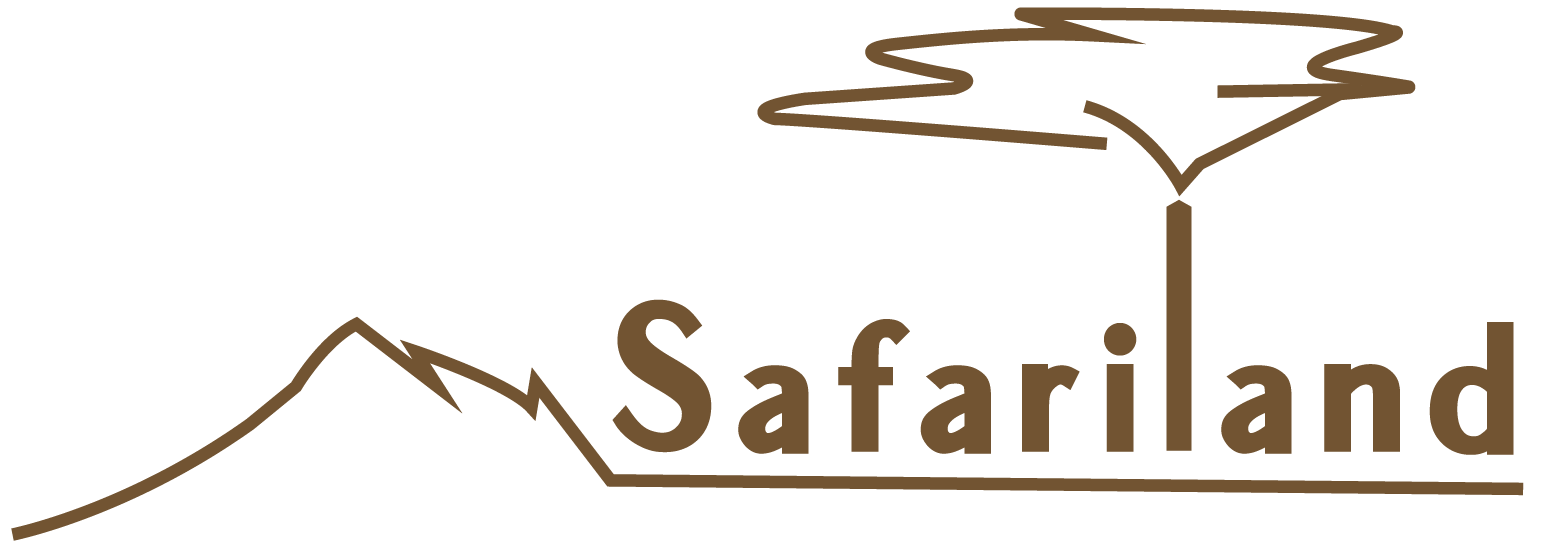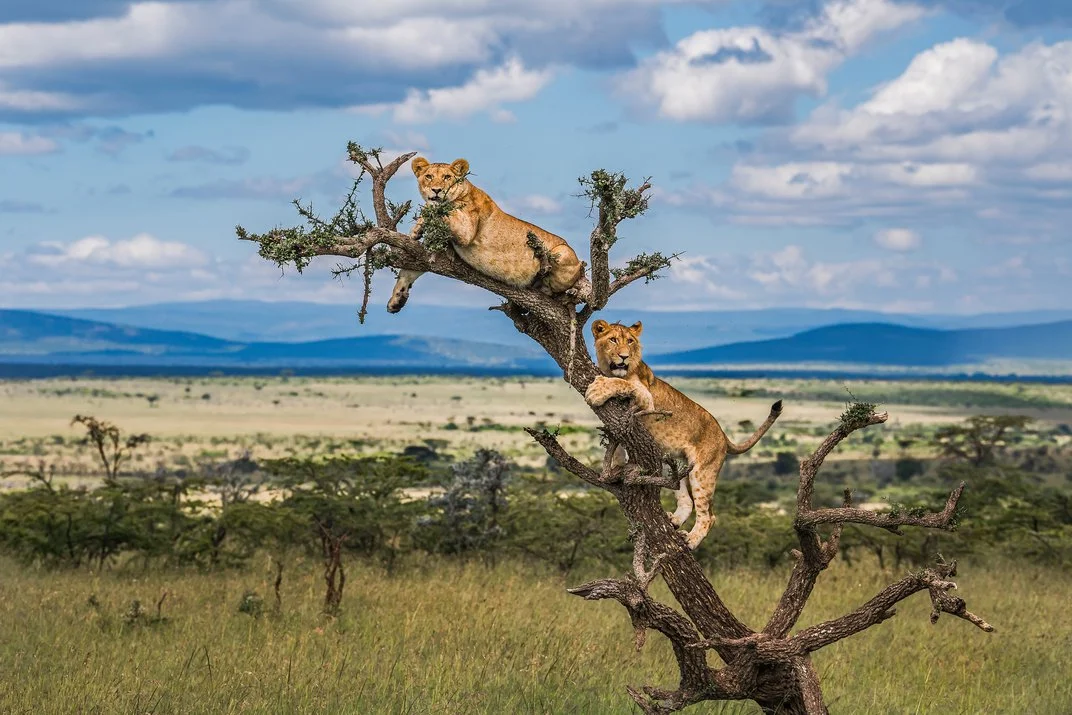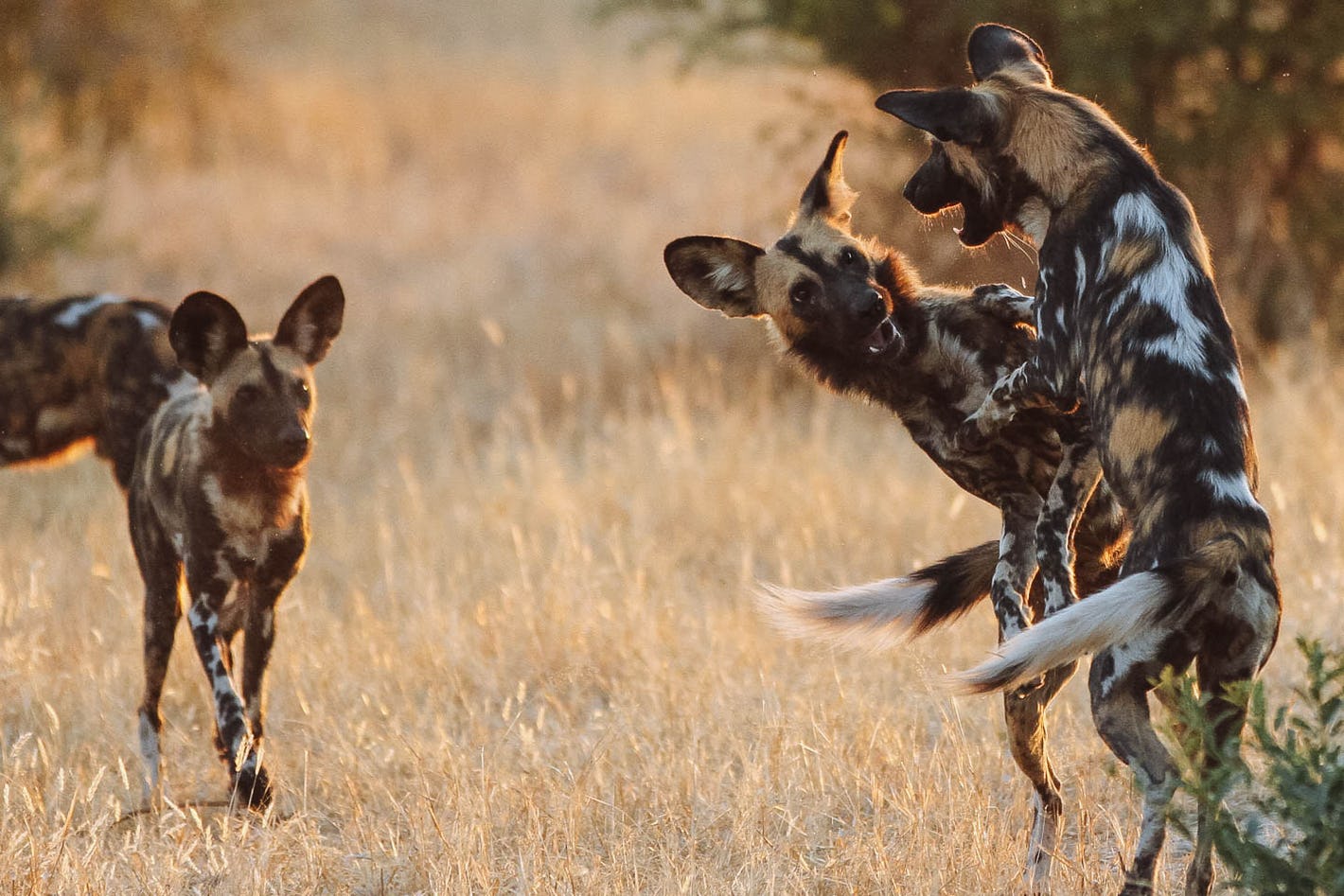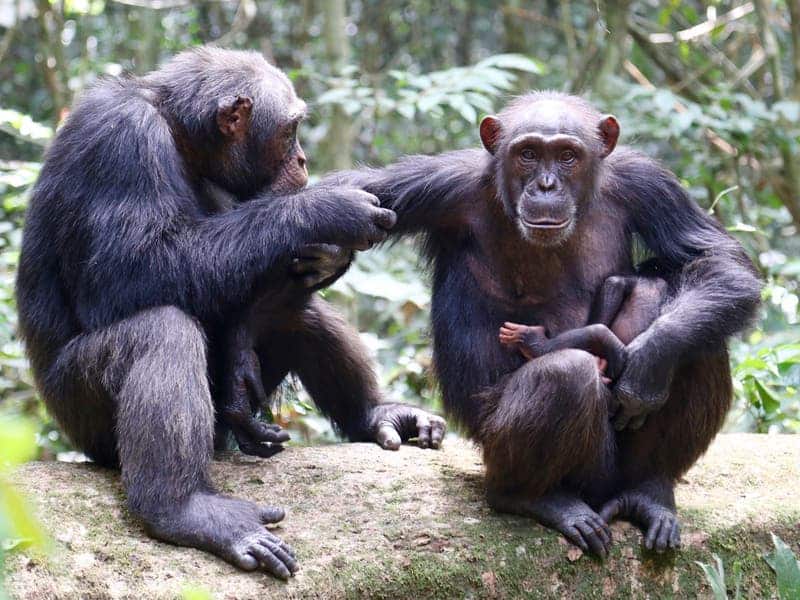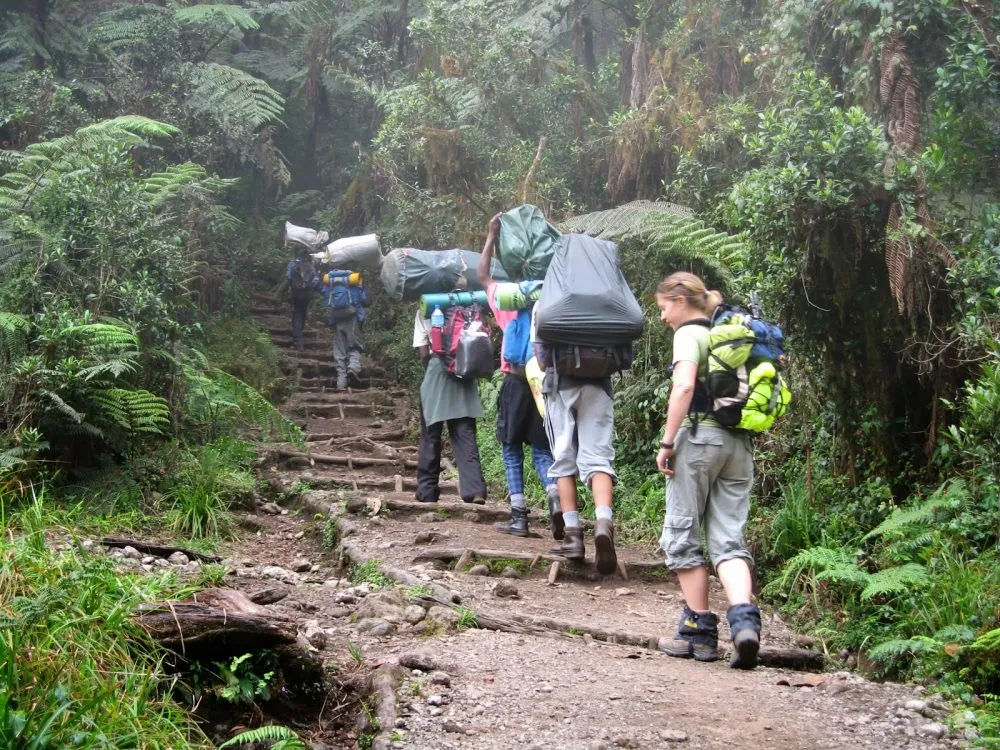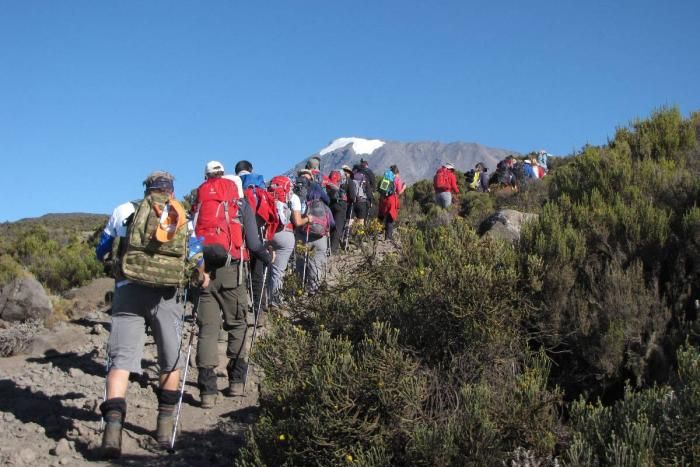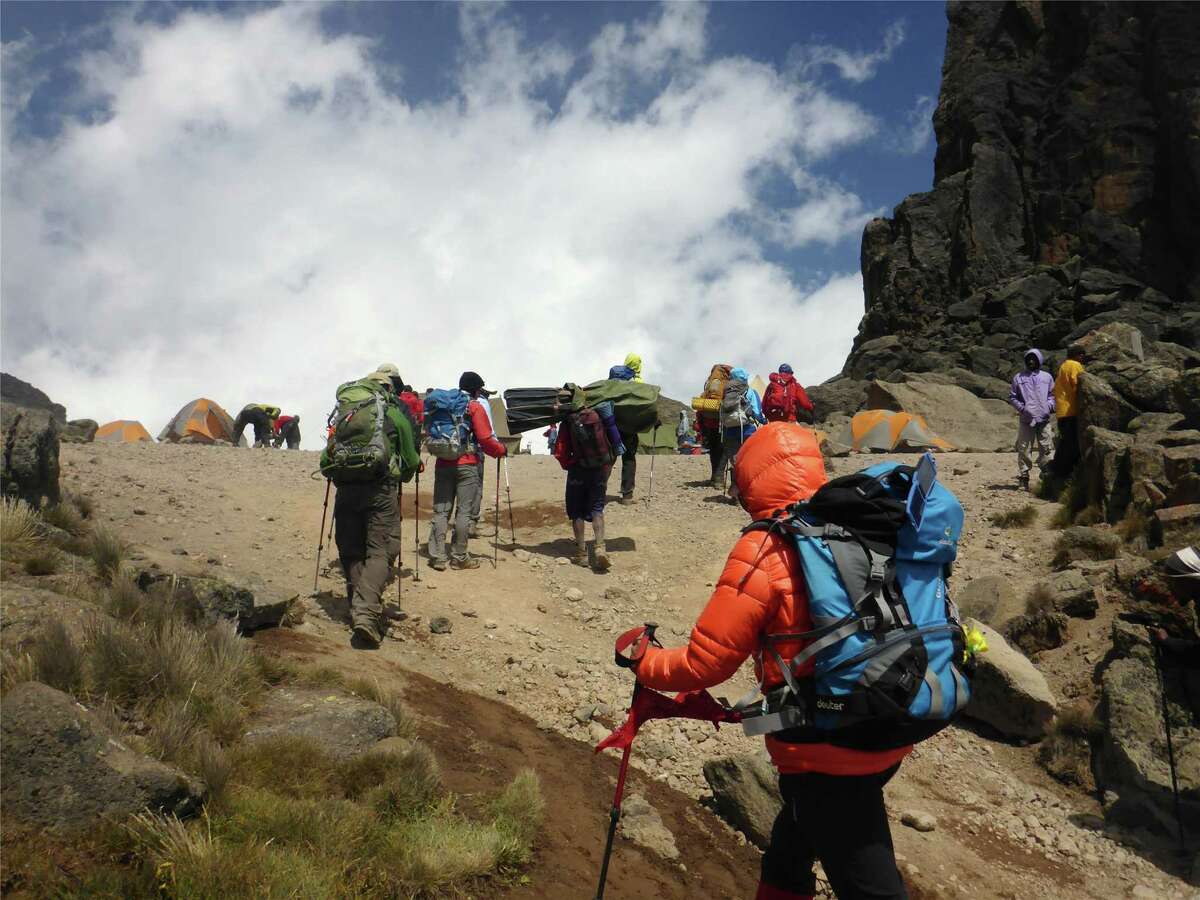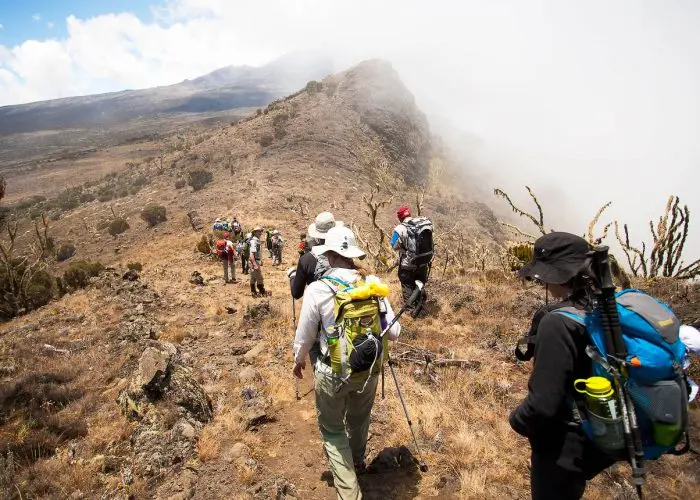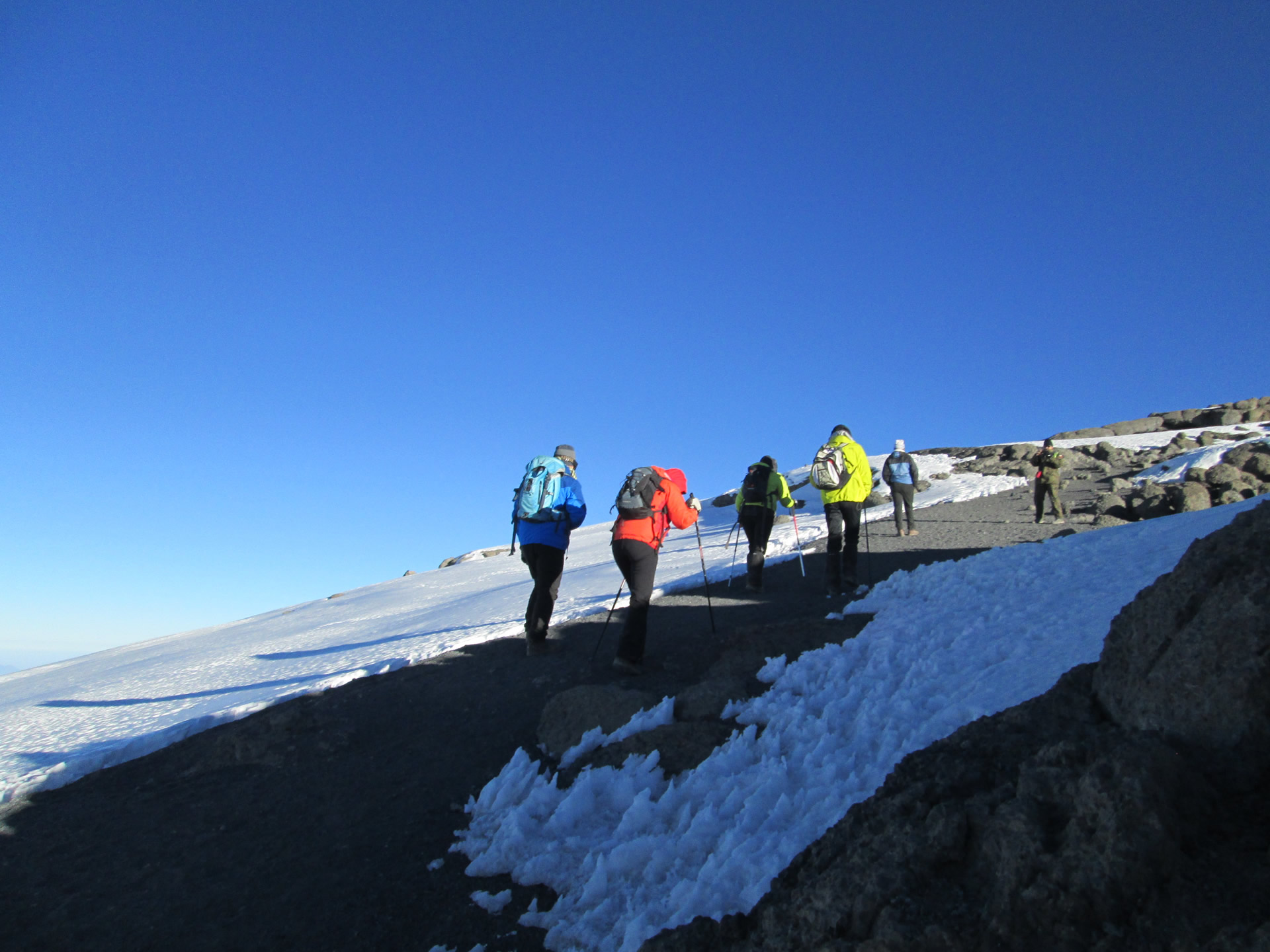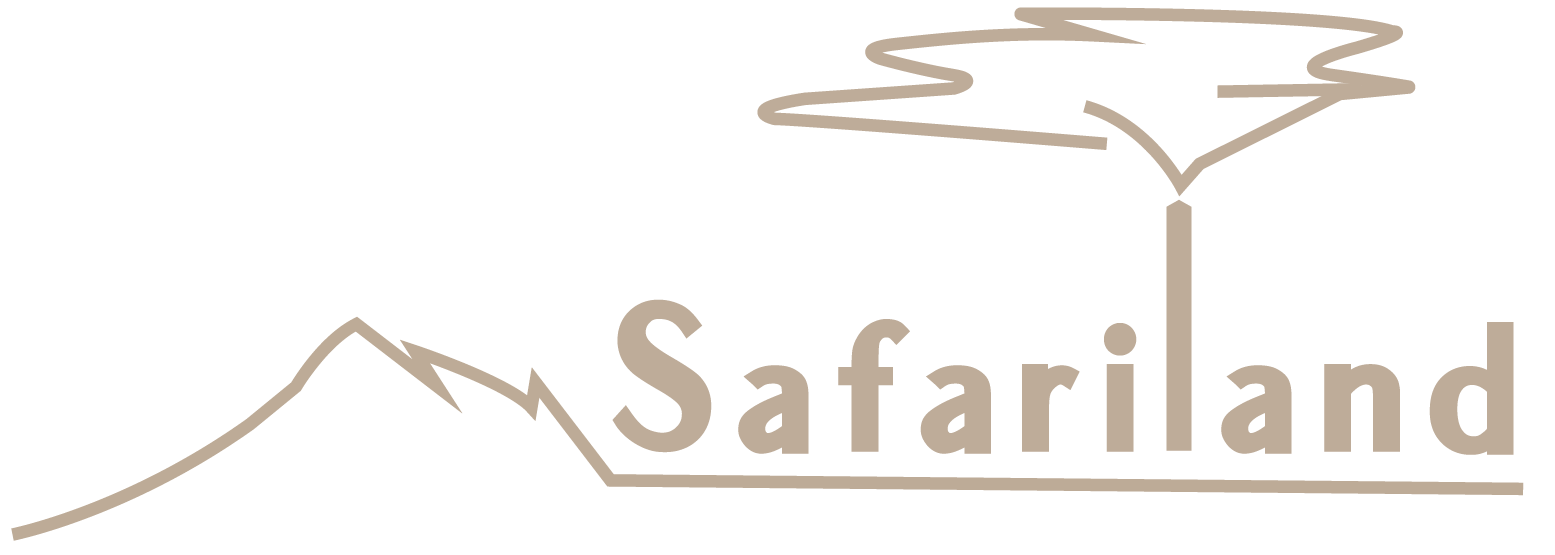When preparing for a Mount Kilimanjaro climb, ensuring your health and safety should be a top priority. Vaccines and immunizations play a crucial role in protecting yourself against various diseases and illnesses that you may encounter during your journey. In this section, we’ll discuss the importance of vaccines and immunizations and provide information on the specific ones recommended for a Mount Kilimanjaro climb.
Importance of Vaccines and Immunizations
Vaccines and immunizations offer several key benefits for climbers:
Disease Prevention
Mount Kilimanjaro attracts climbers from all around the world, increasing the risk of exposure to infectious diseases. Vaccines help protect against these diseases by stimulating your immune system to produce antibodies that fight off specific pathogens. This reduces the likelihood of contracting and spreading diseases during your climb.
Personal Health Protection
By receiving the recommended vaccines and immunizations, you not only protect yourself but also contribute to the overall health and safety of your fellow climbers and the local communities. It’s a responsible step to ensure that you don’t become a carrier of contagious diseases.
Peace of Mind
Having the necessary vaccines and immunizations gives you peace of mind, allowing you to focus on the climb without worrying about preventable illnesses. It boosts your confidence in tackling the challenges of Mount Kilimanjaro and enables you to fully enjoy the experience.
Recommended Vaccines for a Mount Kilimanjaro Climb
Before your climb, consult with a healthcare professional or travel medicine specialist who can assess your specific needs based on your medical history, current health status, and travel plans. However, the following vaccines are generally recommended for climbers undertaking a Mount Kilimanjaro expedition:
Routine Vaccinations
Ensure your routine vaccinations are up to date. This includes vaccines such as measles-mumps-rubella (MMR), diphtheria-tetanus-pertussis (DTaP), varicella (chickenpox), polio, and influenza. These vaccines protect against common diseases and are generally recommended for everyone.
Hepatitis A and B
Hepatitis A and B vaccines are strongly recommended for travelers to Tanzania, as both viruses can be contracted through contaminated food, water, or bodily fluids. Hepatitis A is transmitted through contaminated food or water, while Hepatitis B is transmitted through contact with infected blood or bodily fluids.
Typhoid Fever
Typhoid fever can be contracted through contaminated food or water in areas with poor sanitation. Consider getting the typhoid vaccine, which can help protect against this bacterial infection.
Yellow Fever
If you are traveling from or transiting through a country with a risk of yellow fever transmission, you will need to provide proof of yellow fever vaccination. Tanzania itself is not considered a high-risk area, but if you are coming from an affected region, vaccination may be required.
Meningococcal Meningitis
Although the risk of meningococcal meningitis is generally low on Mount Kilimanjaro, it’s still advisable to consider vaccination if you plan to spend time in large crowds or stay in close quarters with other climbers.
Rabies
Rabies is a viral disease transmitted through animal bites, and encounters with wildlife are possible during the climb. While the risk of rabies is low, it’s worth discussing with a healthcare professional whether the rabies vaccine is necessary based on your travel plans and activities.
Additional Considerations
In addition to vaccines, ensure that your immunizations are up to date for diseases such as tetanus, measles, and diphtheria. It’s also important to maintain good personal hygiene and practice proper food and water safety measures during your climb to minimize the risk of preventable infections.

